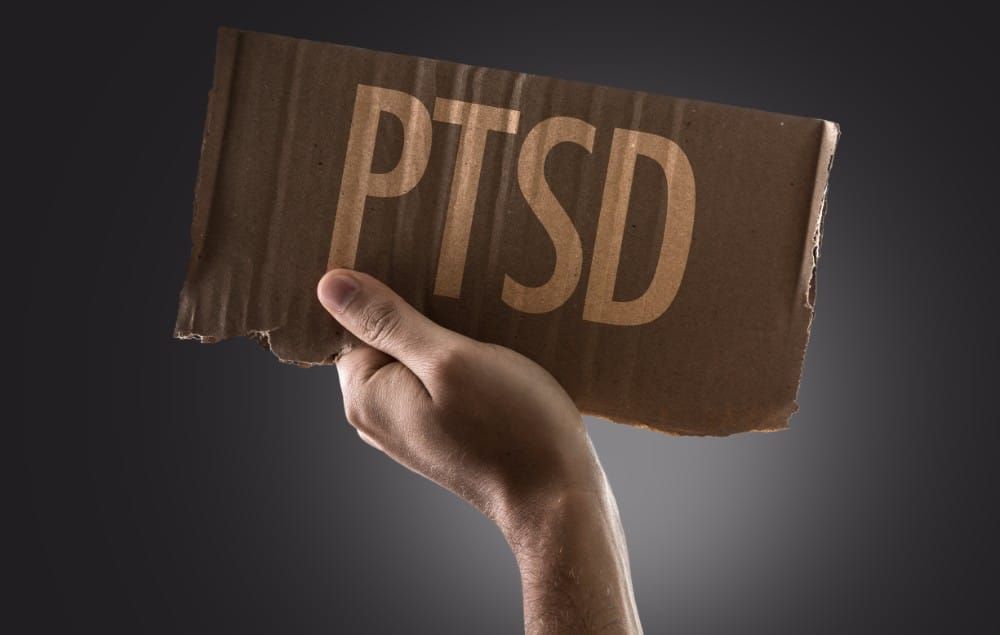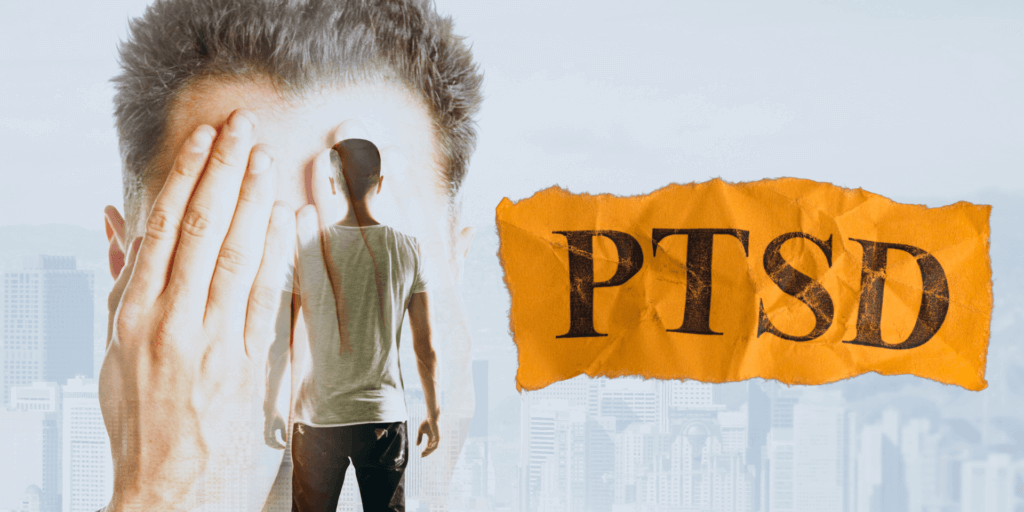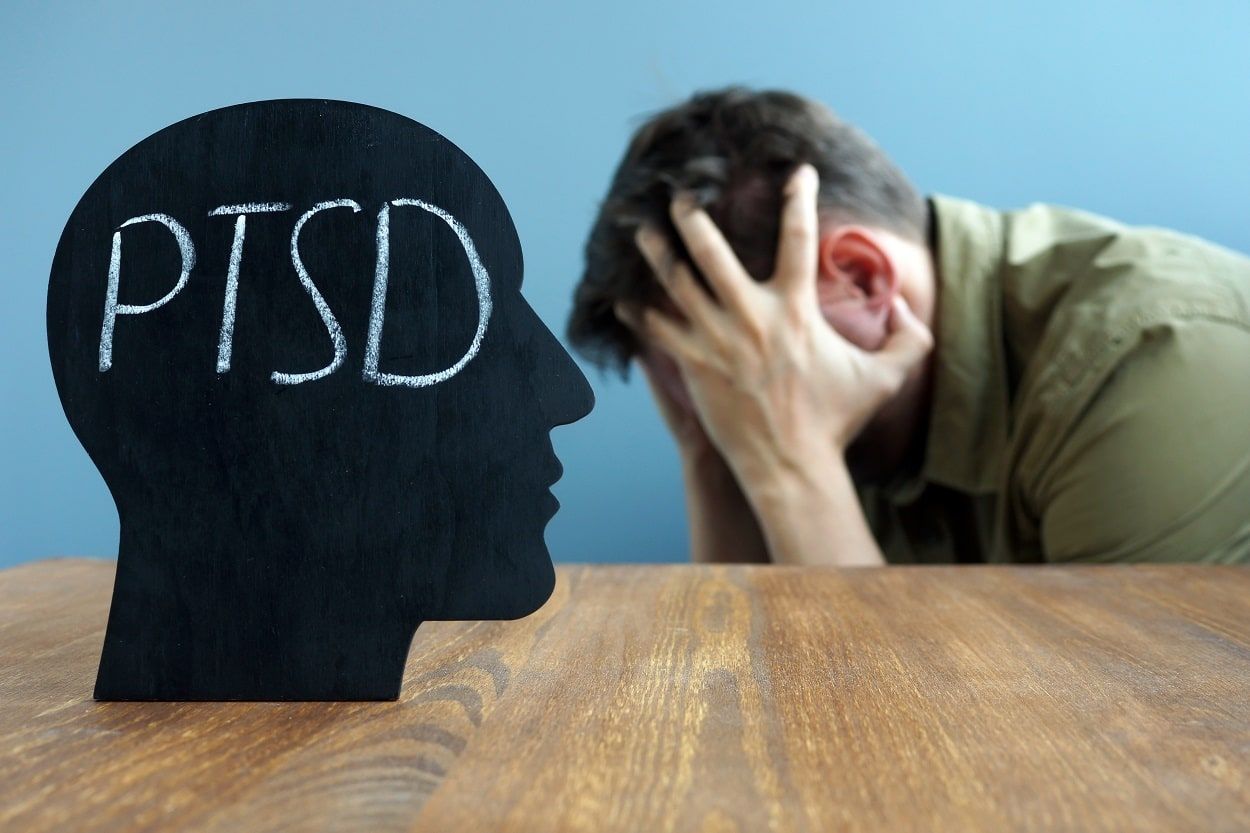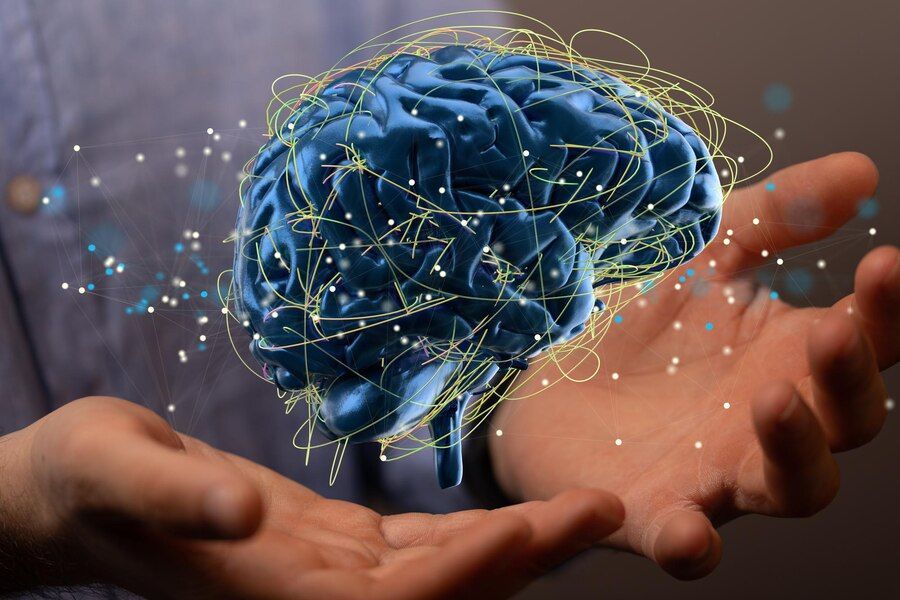Get in touch
571-330-2829
office@ariseccc.com
10801 Johnston Road
Suite 210 Charlotte NC
28226-4558
ARTICLES TO PONDER
Written pieces that provide information, insights, and guidance on various aspects of mental health and counseling. These articles can serve as valuable resources for both professionals in the field of counseling and individuals seeking to understand more about mental health issues, therapeutic techniques, and the benefits of counseling.

By Devin Stewart
•
December 15, 2024
Post-Traumatic Stress Disorder (PTSD) is a mental health condition that can develop after experiencing or witnessing a traumatic event. The impact of PTSD can be profound, affecting every aspect of a person's life, from their emotional and mental well-being to their relationships and daily functioning.

July 19, 2024
Depression is more than just feeling sad or going through a rough patch; it's a serious mental health condition that can affect every aspect of your life. Understanding the signs of depression and seeking therapy or counseling can be crucial for recovery and improved well-being. Here are ten reasons you may have a depression problem and why reaching out for professional help is essential.

July 18, 2024
Understanding Different Types of Therapy for PTSD There are several evidence-based therapies specifically designed to help individuals cope with and recover from PTSD. Here are some of the most effective approaches: Cognitive-Behavioral Therapy (CBT): CBT is one of the most widely used forms of therapy for PTSD. It focuses on identifying and changing negative thought patterns and behaviors. Through CBT, individuals learn to challenge and reframe their thoughts, which can reduce the power of traumatic memories and decrease anxiety. Prolonged Exposure Therapy (PE): PE involves repeatedly confronting trauma-related memories, feelings, and situations. This process helps individuals gradually reduce their fear and avoidance behaviors associated with the trauma. Over time, the distress caused by these memories decreases, allowing for greater emotional regulation. Eye Movement Desensitization and Reprocessing (EMDR): EMDR is a unique form of therapy that involves guided eye movements while recalling traumatic events. These eye movements are believed to help process and integrate traumatic memories, reducing their emotional intensity. Narrative Exposure Therapy (NET): NET involves constructing a detailed narrative of the traumatic events and the individual's life story. This helps place the trauma within a broader context, reducing its emotional impact and aiding in the processing of traumatic memories. Mindfulness-Based Stress Reduction (MBSR): MBSR incorporates mindfulness meditation and yoga to help individuals become more aware of their thoughts and feelings in the present moment. This can help reduce the symptoms of PTSD by promoting relaxation and emotional regulation. Group Therapy: Group therapy provides a supportive environment where individuals with PTSD can share their experiences and learn from others facing similar challenges. This sense of community and understanding can be incredibly therapeutic. Choosing the Right Therapist Selecting the right therapist is a crucial step in your journey to recovery. Here are some tips to help you find a therapist who meets your needs: Qualifications and Experience: Ensure that the therapist is licensed and has experience in treating PTSD. Look for credentials such as Licensed Clinical Social Worker (LCSW), Licensed Professional Counselor (LPC), Licensed Marriage and Family Therapist (LMFT), or Licensed Psychologist (Ph.D. or Psy.D.). Specialization: Choose a therapist who specializes in PTSD and trauma. Therapists with specific training and experience in trauma-focused therapies are more likely to provide effective treatment. Therapeutic Approach: Consider which type of therapy resonates most with you. Research different therapeutic approaches and discuss them with potential therapists to find one that aligns with your preferences and needs. Personal Fit: The therapeutic relationship is vital for successful treatment. It’s important to feel comfortable and understood by your therapist. Trust your instincts and seek a therapist with whom you feel a strong rapport. Practical Considerations: Think about logistical factors such as location, availability, and cost. Choose a therapist whose office is conveniently located and whose schedule matches yours. Inquire about fees, insurance coverage, and sliding scale options if cost is a concern. The First Steps in Therapy Starting therapy can be both an exciting and daunting experience. Here’s what you can expect in the initial stages: Initial Assessment: The first few sessions typically involve an assessment of your symptoms, history, and goals for therapy. This helps the therapist create a personalized treatment plan tailored to your specific needs. Setting Goals: You and your therapist will work together to set realistic and achievable goals for your therapy. These goals will guide the treatment process and provide a roadmap for progress. Building Trust: Establishing a trusting relationship with your therapist is essential. Open communication and mutual respect are key components of a successful therapeutic relationship. Regular Sessions: Therapy involves regular sessions, usually once a week, lasting 45-60 minutes. Consistency is crucial for making progress. A Message of Hope Therapy for PTSD offers a powerful opportunity for healing and transformation. By exploring different therapeutic options and finding the right therapist, you can take significant steps towards reclaiming your life from the shadows of trauma. Remember, seeking help is a courageous and proactive step towards recovery.
CATEGORIES
RECENTLY ADDED

July 19, 2024
Depression is more than just feeling sad or going through a rough patch; it's a serious mental health condition that can affect every aspect of your life. Understanding the signs of depression and seeking therapy or counseling can be crucial for recovery and improved well-being. Here are ten reasons you may have a depression problem and why reaching out for professional help is essential.
We Work Together to Solve Current Challenges
CONTACT US
1-571-330-2829
office@ariseccc.com
10801 Johnston Road
Suite 210 Charlotte NC
28226-4558
USEFUL LINKS
STAY INFORMED
You need a helping hand with your project?
Thank you for contacting us.
We will get back to you as soon as possible
We will get back to you as soon as possible
Oops, there was an error sending your message.
Please try again later
Please try again later
© 2025
COUNSELING CENTER HICKORY & CHARLOTTE NORTH CAROLINA



















